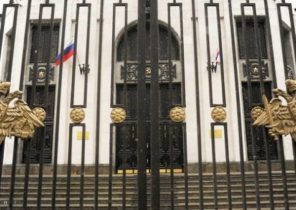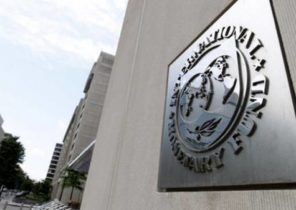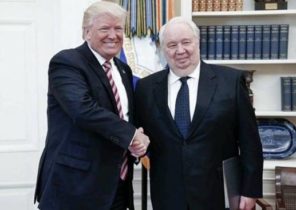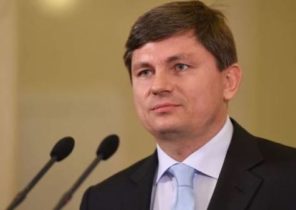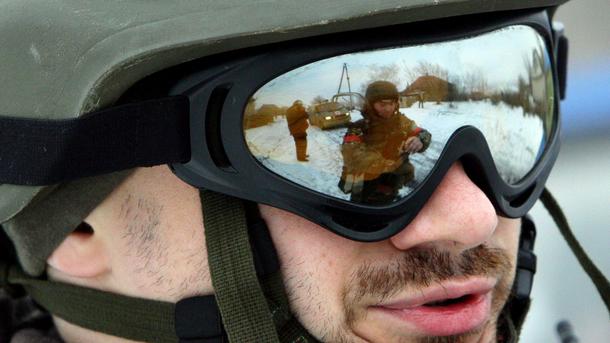
Despite the upcoming castling in the “Normandy format” negotiations on the Donbass, a direct link between the election in the United States and those in France and Germany, with the fate of the Minsk agreements no. Comments about this “Segodnya” said program co-Director of foreign policy and international security Razumkov Center Alexei Miller.
“I don’t see a direct connection between the fate of the Minsk agreements and held and upcoming elections in Europe and the United States. However, most likely, the Minsk agreement will be in effect in 2017. This is not to say their perfect or that they no reason, no reason at all they will start to work. Indeed, they have no alternative. There are no also conditions for the training of a real political settlement process, which, at first, to be manifested in any statements or initiatives from interested parties and only then to go on paper and be issued in the form of treaties or other international instruments. While the conditions there. The conflict is in the active stage and one party is not ready to surrender, and the other, Russia, which today is stronger, even in the presence of the military potential, is not interested to go to some kind of massive escalation, or to leave the Donbass, not reaching the objectives and which are set out in the Minsk agreements in the political part,” said Alexey Miller.
The expert noted that it is not necessary to press any misgivings about the elections in France and Germany. “Let’s see how it ends. As this is an indicator of how the West is capable. If they learned the lessons Russia were presented recently, including to intervene not only in domestic policy but in the electoral process itself, I’m sure that the remaining time will minimize it’s influence. But we can also blame everything on Russia, because Europe itself is in grave political crisis, which happened independently of Russia. If Europe woke up, she has time to take preventive measures and change the course of events”, – the expert specifies.
Also, regardless of the prospects of election in the EU elections, conditionally Pro-Russian candidates, we cannot exclude the change in rhetoric after the election, which is now observed in the United States. “When the candidate who said there literally until the last day of the election and, by inertia, after the election, one is now obligated to consider or try to consider what he wants to hear from the main political forces in the state. If his position is sharply discordant with the position of the political establishment, he, as the leader of a democratic state, can not understand that it could end badly especially for him and, likewise, can have serious consequences for the country, which he doesn’t want to ruin” – summed up the program co-Director of foreign policy and international security Razumkov Center Alexei Miller.
We will remind, on January 20, will be held in Washington inauguration of U.S. President Donald trump. According to the newspaper The Sunday Times, trump may meet with Russian President Vladimir Putin a week after the inauguration in Reykjavik. In a press-service of the Kremlin have not confirmed this.
The first and second round of presidential elections in France scheduled for 23 April and 7 may. According to the latest polls in the second round for the ex-Prime Minister françois Fillon would have voted 63%, for the leader of “National front” marine Le Pen – 37%. Both candidates are Pro-Russian, both advocated the abolition of anti-Russian sanctions, and Le Pen a couple of weeks ago and did legally recognize Crimea occupied by Russia.
Angela Merkel, with 56% support of the Germans has all the chances for the fourth time to retain the post of Chancellor. Election of the President of Germany is scheduled for February 12. The current President, Joachim gauck, according to the forecasts of German sociologists and experts, will replace the current foreign Minister Frank-Walter Steinmeier. The latter, in turn, can replace the former President of the European Parliament Martin Schulz.

